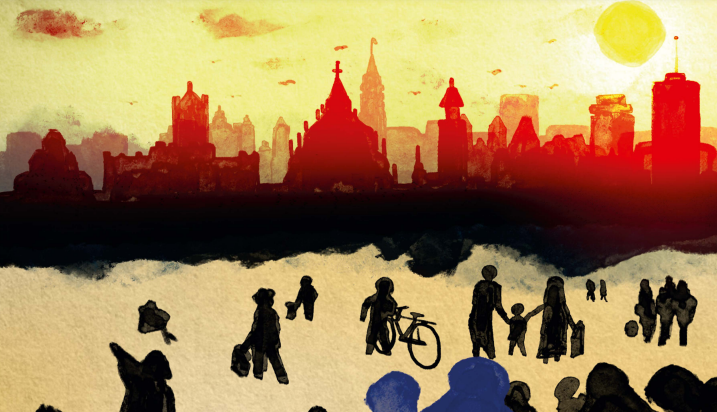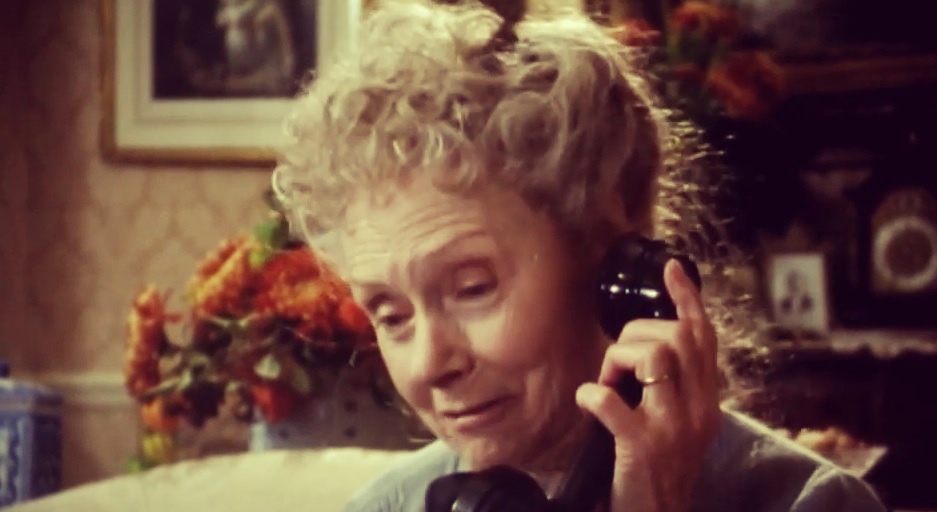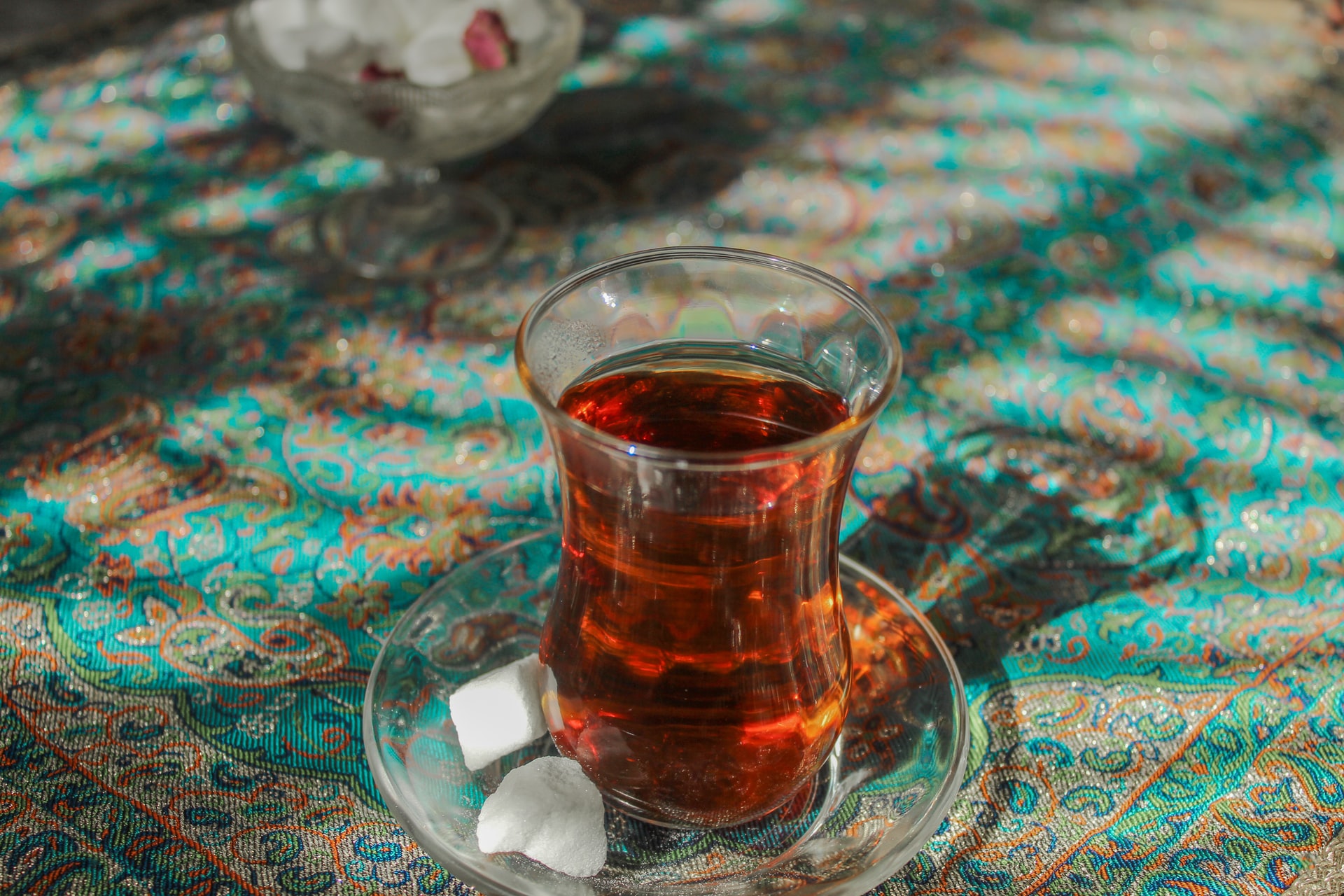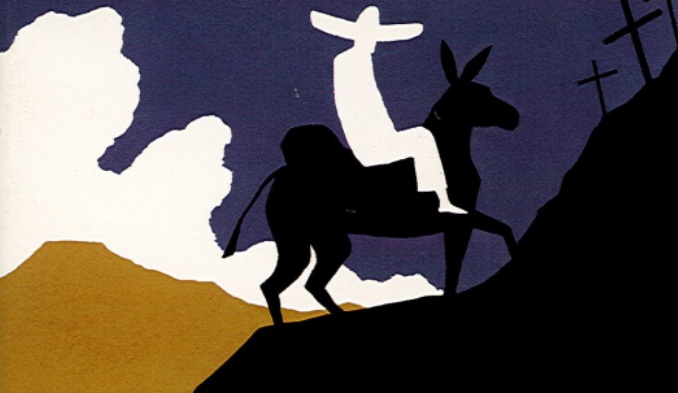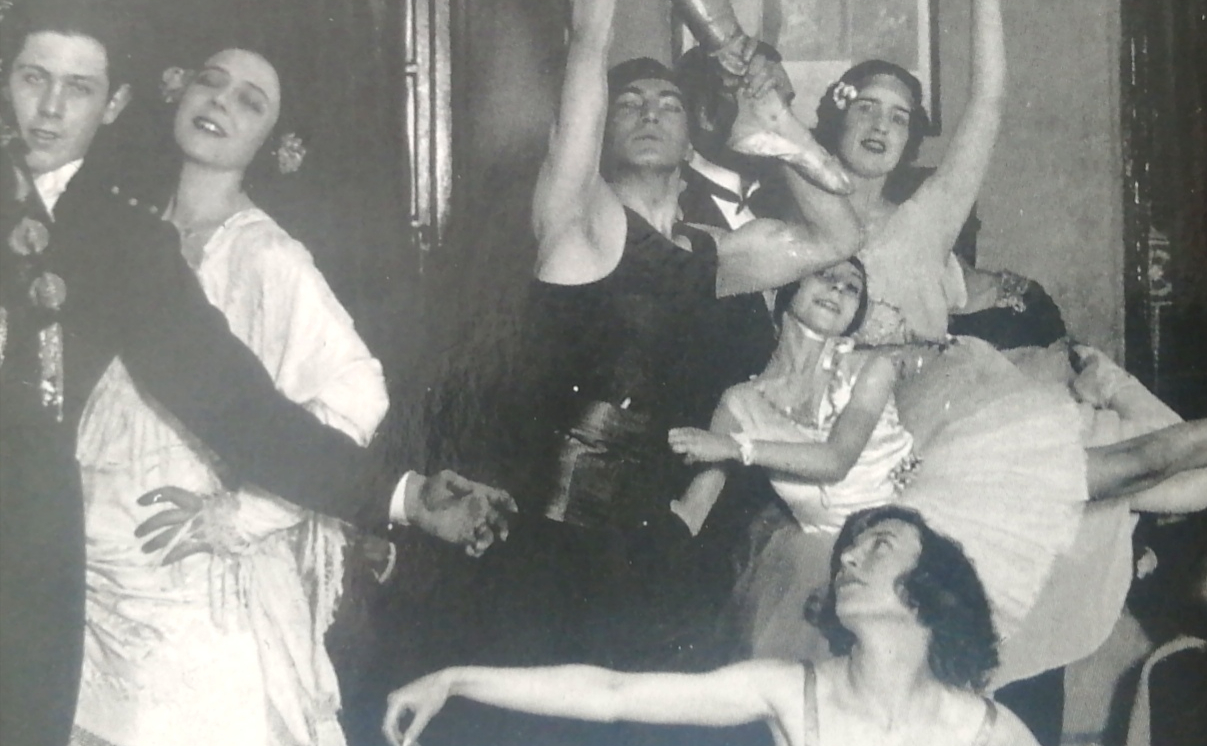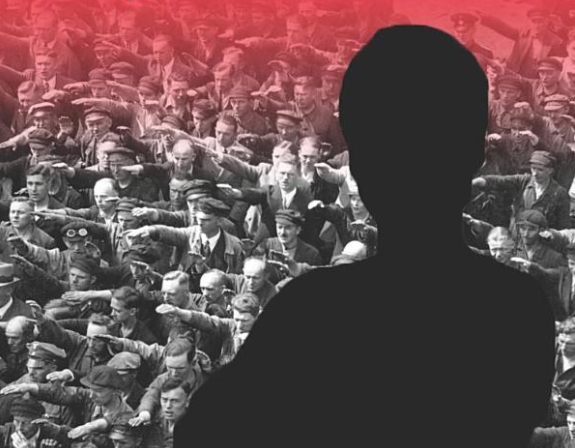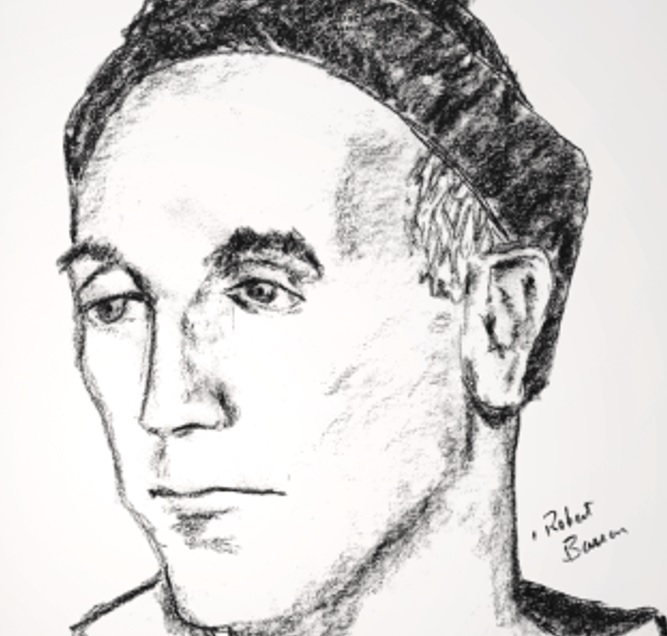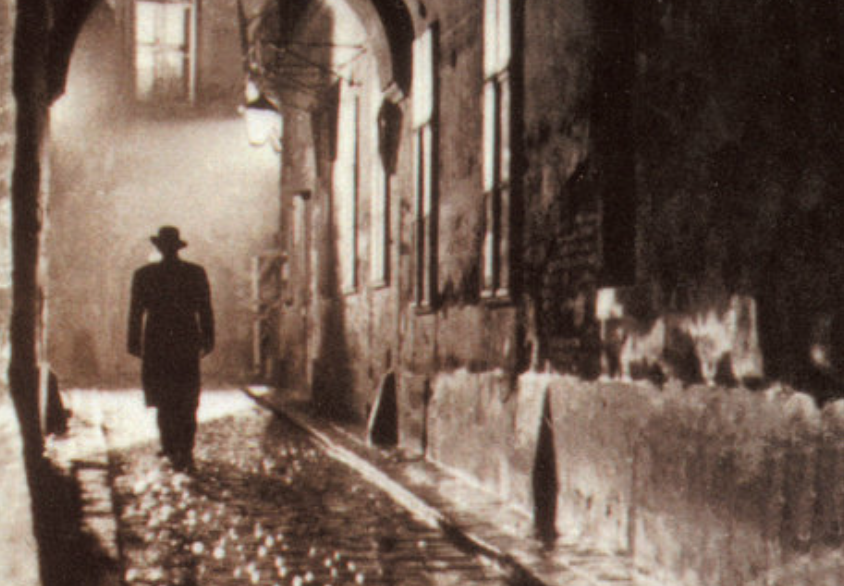Robert served 12 years of a 20-year prison sentence for his involvement in the Irish Republic Army (IRA), and in the bombing of Belfast City Centre. Mark served as a British military officer during the Troubles. Today Robert is a prominent community leader in the Catholic Falls Road area of Belfast, as well as a Sinn Féin party activist. Mark…
Author: Christopher Adam
It’s a unique event in the life of a Roman Catholic parish when a Canadian university press publishes a monograph on one of its ministries. In fulfilling its mission over the past 30 years, the St. Joe’s Refugee Outreach Committee (ROC) has, of course, extended far beyond the boundaries of its home parish — helping to settle more than 200…
Death is humanity’s common denominator and also the great equalizer. In her 1959 novel Memento Mori, Dame Muriel Spark uses sharp language and imagery to make her many characters face the fear of the one inevitable event in life that they would most desire to avoid. Spark dissects with the keenest scalpel her characters. She pulls away the thin veneer…
In this coming-of-age story, Adib Khorram provides the sort of dimension to Persian culture and to Iran as a country that one is unlikely to find in much of the media. And while offering vignettes on Persian customs, cuisine, the Farsi language, landmarks and the demography of Iran, the novel’s overarching theme is that of mental illness. The protagonist, sixteen…
How do we find solace amidst grief and turmoil, especially when we struggle to believe in a God who lends order to existence? That question forms the basis of Michael Ignatieff’s newest book. He begins his journey by exploring the Psalms, the Old Testament story of Job and the life of the Apostle Paul. In this survey-style presentation of western…
The Lawless Roads is as much a reflection on sin, and on how every human is inescapably marked by it, as it is a travel account of Graham Greene’s trip to Mexico in 1938. It’s also a reflection on borders — both physical and metaphysical — and how crossing these boundaries impacts and transforms the individual. The Longman publishing company…
The 1930 novel Vile Bodies is where we truly experience Evelyn Waugh’s humour, his masterful dialogue and his searing commentary on high society in interwar Britain. Much like The Loved One or Decline and Fall, Vile Bodies reflects on serious and uncomfortable subject matter through satire and by channelling the absurd. At the heart of the novel is Adam Fenwick-Symes,…
Canadian author Kathy Clark’s new novel Ivan’s Choice tells a Holocaust story set in a country four thousand miles away. The Holocaust remains the most jarring period in living memory, at least in the West, but a memory that is fading as the number of elderly survivors dwindle. These two aspects of the novel’s setting — a distant time and…
The late Trappist monk Thomas Merton’s autobiographical work The Seven Storey Mountain reads like a coming-of-age story, a theological reflection and sometimes like a novel sprinkled with wry humour, wit and tragedy. One of Merton’s contemporaries was British novelist Evelyn Waugh. We know that as a young man, Merton read and enjoyed Waugh’s novels. Like Waugh, Merton was a convert…
Iconic twentieth century author Graham Greene referred to some of his works somewhat unfairly as “entertainments,” and among these are The Third Man and The Fallen Idol — two novellas published as one volume by Penguin. The Third Man is, in some ways, an archetypal mid-century detective mystery and The Fallen Idol is a psychological thriller. But Greene takes such care…

